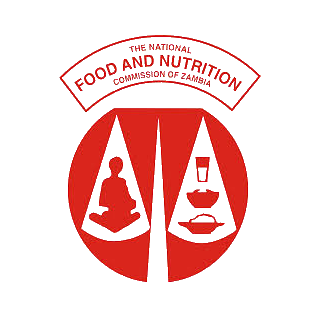Overview
The provision of quality schools, textbooks, and teachers can result in effective education only if the child is present, ready, and able to learn. If every girl and boy is to be able to complete a basic education of good quality, then it is essential to ensure that the poorest children, who suffer the most malnutrition and ill health, are able to attend and stay in school. Poor health, due to disease or under-nutrition among learners, retards their physical and mental development. This leads to absenteeism from school and reduction in active learning capacity.
The School Health and Nutrition Programme (SHN) was initiated in the year 2003 to address the poor health and nutrition that was noticed among learners. In 2006 the Zambian government approved a School Health and Nutrition Policy that provides a framework for the implementation of school health and nutrition initiatives. The School Health and Nutrition Programme is the sum total of all health and nutrition activities that go into promoting the physical, social and the mental well being of every child. The guiding principle of this policy is that optimum health and nutritional status of children is a determining factor for effective learning.
Objectives
The objective of this programme is to improve learning and equity among children attending basic education through integrated health and nutrition interventions. It was hoped that if interventions are well implemented, they could increase enrolment and attendance, reduce hunger and improve nutritional status.
Activities
The SHN programme has many components such as school feeding, de-worming, micronutrient supplementation, school gardens, water, hygiene and sanitation education, nutrition education, Roll Back Malaria and HIV/AIDS. The SHN activities are intensified during the SHN month when various stakeholders interact with schools in their catchment area. The SHN month is aimed at raising the profile of the SHN activities, attract support from policy makers, and strengthen collaboration among partners and increase impact of the SHN programme.
Partners
The SHN programme is an inter-sectoral initiative in which ministries and agencies work collaboratively in the planning, implementation, monitoring and evaluation of activities. The provision of integrated health and nutrition interventions shall be implemented jointly with other ministries and organizations with the Ministry of Education, Science and Technology and Vocational Training spearheading the programme.
The partners include; the National Food and Nutrition Commission, Ministry of Agriculture and Livestock, Ministry of Health, Ministry of Community Development, Ministry of Youth and Sport, Ministry of Local Government and Housing, WaterAid, UNICEF, World Food Programme and other Non Governmental Organisations.



